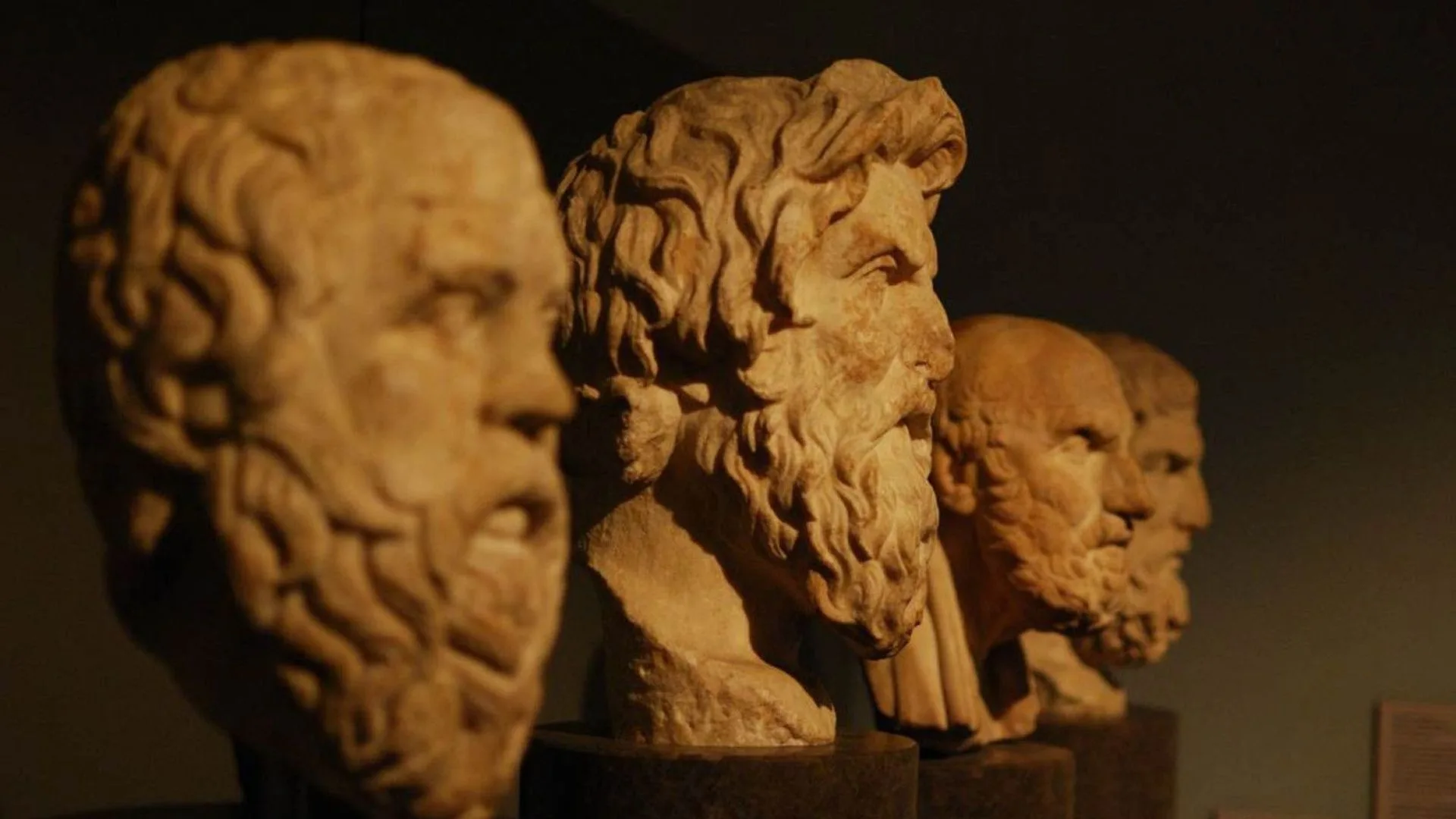At most, Cypriot men are 30 per cent of Greek descent, according to an ongoing study mapping the DNA of Cypriots. The findings suggest Cyprus’ population shares greater genetic similarities with mixed-origin groups that settled on the island over millennia, cyprus-mail.com, has reported.
History and archaeology confirm Cyprus was first inhabited by peoples from nearby regions up to 12,000 years ago, long before Greeks or Turks arrived.
Constantinos Deltas, head of Biobank.cy at the University of Cyprus, said this was the first comprehensive genetic reference for Cypriots. The project evaluates genetic heritage and population-level disease predispositions. So far, genomes from 1,400 Cypriots have been analysed, with a goal of 5,000 samples.
Deltas noted the difficulty in defining the extent of Greek DNA, saying Y chromosome analysis shows a Greek lineage between 10 and 30 per cent. Nearly 11,000 Cypriot volunteers have been archived with detailed personal, demographic, and clinical data.
“This is data accompanied by biological material and of course a signed document of consent. A large part of the data and the material is utilised and studied in the context of research projects,” Deltas said.
The study is shedding light on hereditary diseases like kidney, heart, and eye conditions. DNA variations mirror those found in many populations, reflecting historic migration and mixing, though unique genetic differences remain.
Deltas highlighted environmental impacts, such as malaria, which drove the rise of genetic mutations like thalassemia. Today, one in seven Greek Cypriots carries these mutations.
The Greek Mycenaeans and Achaeans arrived around 3,500 years ago, adopting and spreading Greek culture, language, and religion among Cypriots.
Source: cyprus-mail.com
